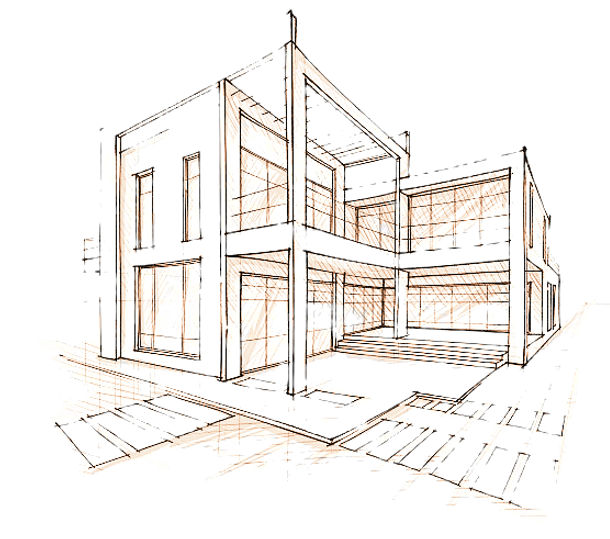
.png)
Buildings viewed up close by VG Expert
Your partners in construction expertise
Assistance VO in private and communal & Expertise construction errors and damage, also problems with contractors and architects, misleading sale of a home, technical advisor in legal proceedings, etc.
Please call or email us - 0472 59 18 98

Assistance VO in private and communal & Expertise construction errors and damage, also problems with contractors and architects, misleading sale of a home, technical advisor in legal proceedings, etc.
Please call or email us - 0472 59 18 98
En lees wat anderen zeggen over mijn aanpak en expertise.
Tax and/or social debts / Article: https://www.bouwadvocaat.be/client-bouwheer/
As a client, you want to work with a reliable contractor. You can never predict 100% how a collaboration will go, but there are some flashing lights. These can be a warning to contractors you would rather not work with.
iIf the contractor appears to have social and/or fiscal debts, it is advisable to consult another contractor.
It is in itself a bad sign that your contractor is not meeting its obligations.
Moreover, if your contractor is known for non-compliant obligations, you risk heavy fines by paying his invoices in full. You can become responsible for the debts of your contractor or subcontractor yourself...
"iIf your contractor has fiscal or social debts, you may become responsible for his debts to the government.
ONLY if you are a natural person as the client and have the work carried out for purely private purposes, you are not obliged to make deductions.
In all other cases you are obliged to do so. If you fail to do so, you may become jointly responsible for the debts of the contractor. You become jointly and severally liable.
This means that the government may claim your contractor's debts from you.
For social debts, this can amount to the total price of the works (excl. VAT) entrusted to the contractor or subcontractor.
For tax debts, this can amount to 35% of the total price of the works (excl. VAT) entrusted to the contractor or subcontractor.
So you risk paying twice!"
Here you learn how you can check whether a contractor has social and fiscal debts and what you can and must do in that case : Is it true that I can't just pay my contractor's invoices? Not even if it does a good job? Inspection obligation and withholding obligation of the client, you need a certificate!
"As a client, you have an audit obligation. You must check whether your contractor has no social or fiscal debts, and you can only prove this by means of a certificate. If your contractor does not have a positive certificate, you risk serious financial consequences!"
You should be well aware that it is not enough to carry out these checks only when working with your contractor, but also during the works! contractor, you will still have to withhold money, otherwise you run the risk of serious financial consequences.
See I have a positive certificate: am I safe for the entire duration of the agreement?
"It is very important that you understand that it is not enough just to check the contractor the moment you start working with him!
EVERY time you are going to make a payment, you should check whether you have certificate, and if so, whether your certificate is still valid on the date you make the payment.
It is therefore best to use as a rule of thumb for every payment http://www.checkcontentingsobligation.be to consult and download the certificate each time. If you pay at a time when your certificate has expired, you risk having to pay amounts twice.
The same applies if your contractor has gone bankrupt, and it is the trustee who requests you to pay the outstanding debt to the contractor. You are then not exempt from the check and the withholding obligation!
Before paying the invoices to the trustee, you must also carry out the check and, if necessary, carry out the deduction and payment to the government."
You should also know that if your contractor uses subcontractors, you yourself also run the risk of fines. This can even be the case without you knowing that a subcontractor has been working for you. This is called chain liability. See : The chain liability
"If you outsource your contractor certain assignments to another contractor, a so-called subcontractor, you can become responsible for his debts.
You can even if your own contractor is completely in order with his social and tax debts.
After all, the government can follow the chain of command. If the (main) contractor engages a (sub)contractor who does not have a favorable certificate, the (main) contractor risks having to pay the tax or social debt of that subcontractor himself, and if the latter in turn fails to pay that debt the government has the right to address you as a client.
You could therefore pay for the debts of a subcontractor with whom you have not entered into a contract yourself!
This is the so-called chain liability for social and fiscal debts.
This applies even if you did not know that your contractor used a subcontractor.
You do well to take this into account when you conclude a contract with your contractor.
So get good advice on this, and have your agreement drawn up or checked by a professional."
Article: https://www.bouwadvocaat.be/client-bouwheer/
_edited_edited.png)
.png)






.png)


.png)